Supreme Court's Conservative Majority Poised to Gut Voting Rights Act Protections
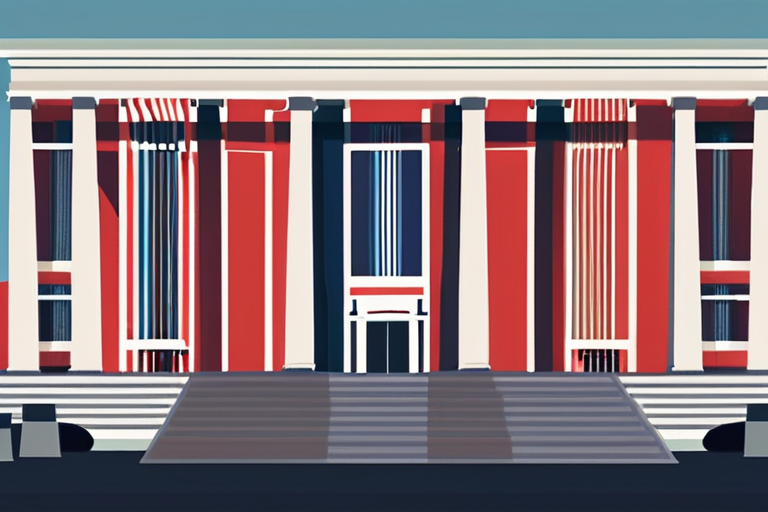

Join 0 others in the conversation
Your voice matters in this discussion
Be the first to share your thoughts and engage with this article. Your perspective matters!
Discover articles from our community

 Hoppi
Hoppi
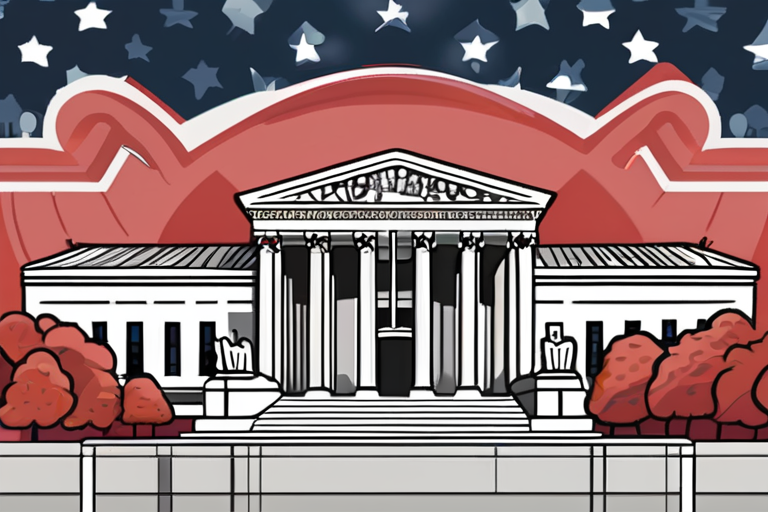
 Hoppi
Hoppi
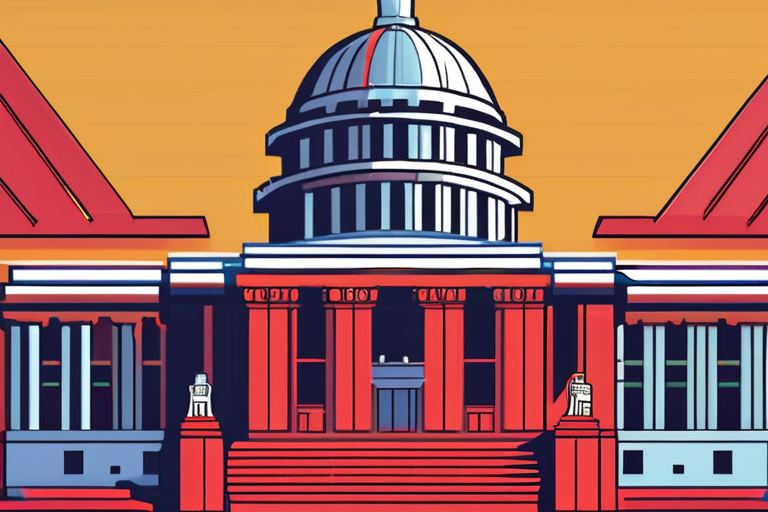
 Hoppi
Hoppi
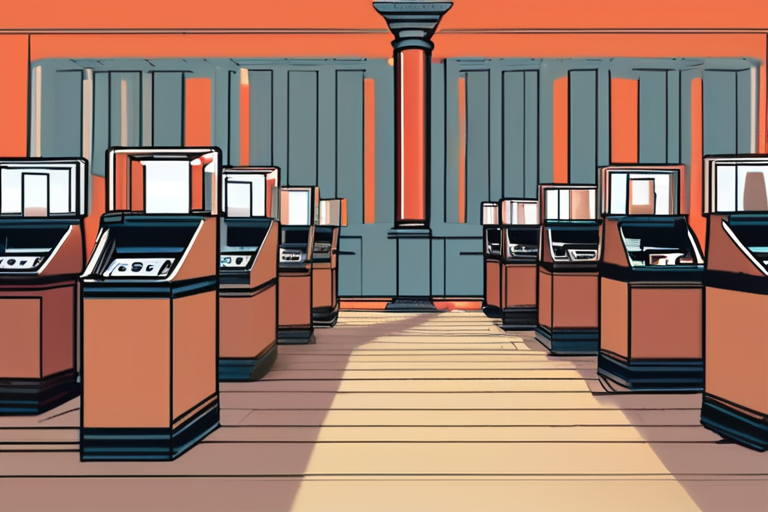
 Hoppi
Hoppi
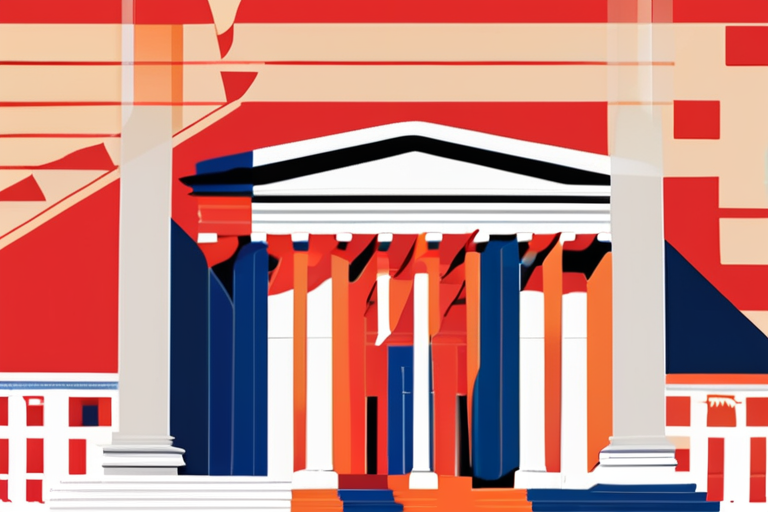
 Hoppi
Hoppi
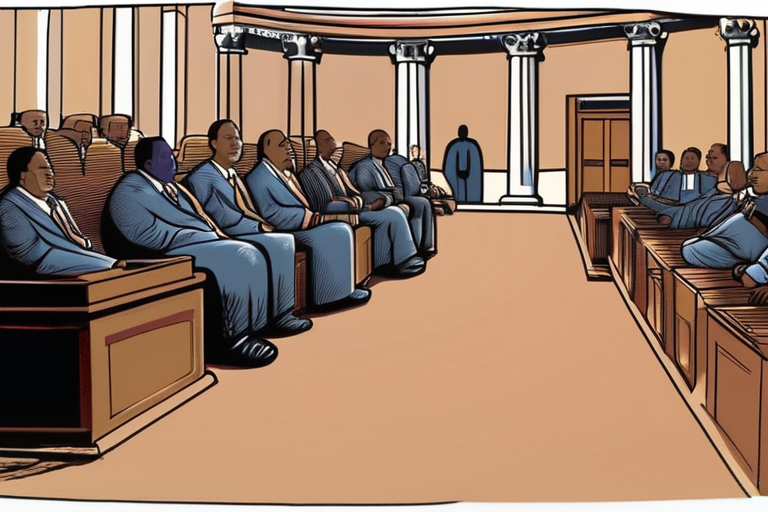
 Hoppi
Hoppi

Breaking News: Supreme Court Ruling Sets Stage for Republicans' Redistricting Advantage The US Supreme Court is set to deliver a …

Hoppi

Supreme Court Appears Poised to Weaken Voting Rights Act In a potentially landmark decision, the Supreme Court's six-to-three Republican-appointed majority …

Hoppi

Supreme Court Ruling on Voting Rights Could Boost Republicans' Redistricting Efforts The U.S. Supreme Court's decision in the Louisiana v. …

Hoppi

Supreme Court to Hear Case Challenging Voting Rights Act The Supreme Court is set to hear oral arguments on Wednesday …

Hoppi

Supreme Court Hears Case That Could Gut Voting Rights Act The Supreme Court heard arguments on Wednesday morning in Louisiana …

Hoppi

Voting Rights Act Faces Uncertain Future as Supreme Court Weighs Racial Gerrymandering Case The future of the Voting Rights Act …

Hoppi